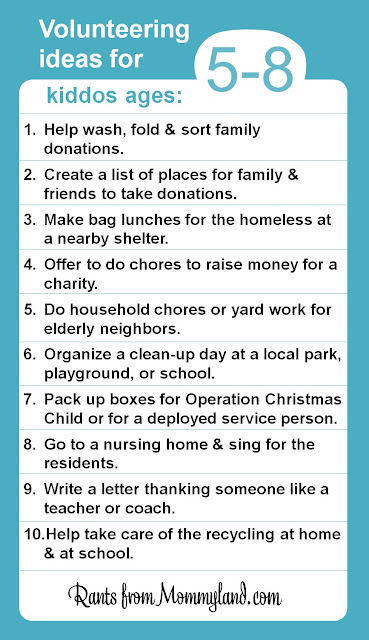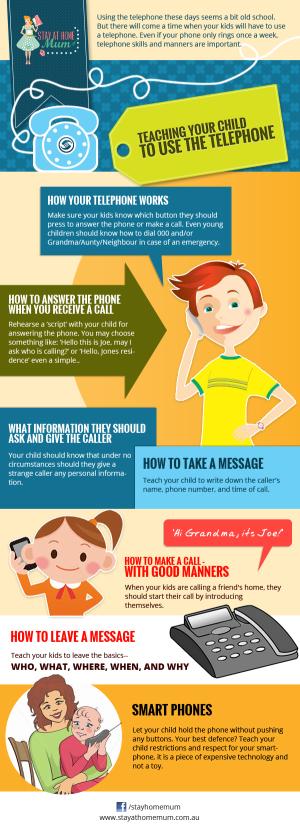It Takes a Village – 3 Ways to Improve Your Child’s Communication Skills by Utilizing Your Community
Some of the most important and valuable opportunities to improve communication skills come from the real world. If your child is working on speech and communication issues and you’re searching for enrichment activities to support those efforts, look first to your local community. There are easy, free, fun, and meaningful options just waiting for your kids to be able to practice their speaking skills.
1. Shopping Can Improve Communication
Think of all of the interactions you have with store clerks and other shoppers when you are shopping, and then imagine having your child take the leading role for some of these interactions. The next time you are running errands, encourage your child to handle some of the communicating. You can be there for any necessary assistance, but try to let your child feel like he or she is capable of the task.
- Asking a store clerk where to find an item has two great lessons – learning to pose questions and then listening for the directions that are given.
- When it comes time to pay for the items on your list, encourage your child to add up the amount and be prepared to pay for them. Small things like smiling at the clerk, counting out change, and thanking the clerk are wonderful real-world communication skills.
- Reading and non-verbal cues are important aspects of communication, so encourage your kids to read the advertisements, the signs in the stores to help you find things on your list, and even the boxes and price tags. You and your child can have great conversations about price comparisons, ingredients, and smart money decisions – and it all supports their need for opportunities to improve communication skills.
2. Volunteering Can Improve Communication
Volunteering with your child in the community is not only an enriching activity, but it can help support building strong communication skills. Search for community groups that organize things such as lawn care for those who are unable, meal deliveries, soup kitchens, or any other service project. Consider your child’s interests and abilities in order to make the most of your time. You can select a one-time project or commit to a certain number of hours each week or month. Then as you and your child devote some time to the community, your child will also have more communication opportunities.
- Many service projects have people working in teams. Your child can experience collaboration and the opportunity to practice communicating with new people.
- The people who you are serving might have disabilities, even including speech problems. Your child will be exposed to these differences and have the opportunity to speak with these people, not only building communication and listening skills but empathy as well.
- Look for a volunteer project that will support your child’s interests and needs. Even simple tasks as sorting and counting food items at a food shelf can be done by younger kids or those with more minimal speech capabilities.
There is increasing awareness of the value of volunteers, including those who have disabilities themselves. Organizations are finding ways for people with challenges and disabilities to use the skills they have to benefit the organizations. Volunteering is not only valuable for the community, but it can help your child gain skills that will be needed in school and future employment.
3. Improve Communication Skills in The Village
It really does take a village to raise children, and encouraging your child with a speech disorder to participate in real world activities helps to build confidence and improve communication skills. Make sure to teach them how to:
- Answer the telephone
- Greet guests at the door
- Participate in conversations
- Meet new people
Even though it can be tempting to interpret for your child or speak for your child, try taking just a few more minutes when running those errands or a bit more energy when volunteering in the community to let your child take the lead. You might just be surprised where your child can go.





